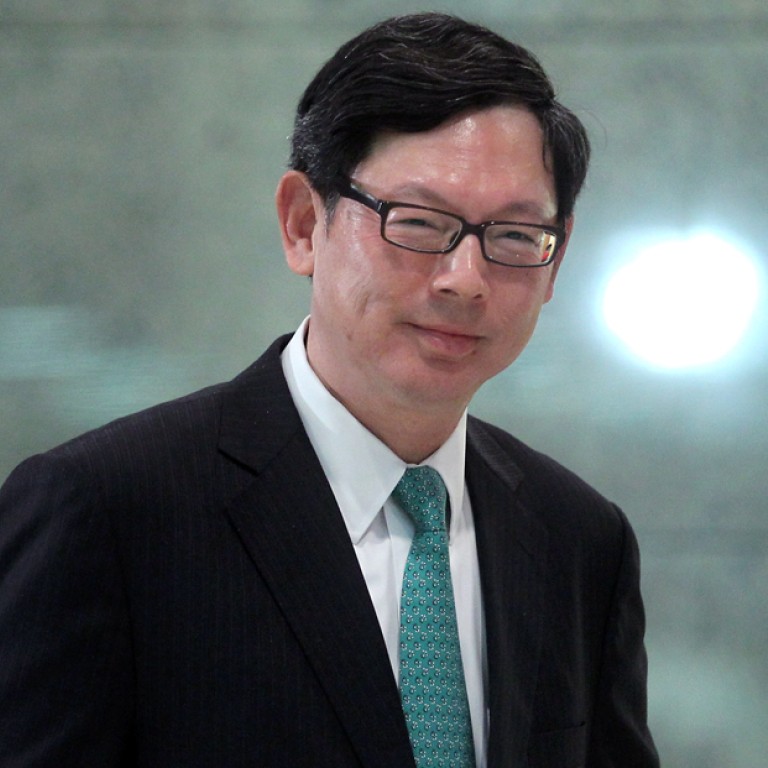
HKMA's Norman Chan easily spooked by what the US probably won't do
The United States has addicted itself so completely to rock-bottom interest rates that any change back to normalcy would threaten vast swathes of the US economy. The talk now is that 2015 is the earliest date.
But it is not expected to change next year. The United States has addicted itself so completely to rock-bottom interest rates that any change back to normalcy would threaten vast swathes of the US economy. The talk now is that 2015 is the earliest date.
What we sometimes seem to have in Norman is a professional worrier with no hands-on career experience of financial markets, who can't find much to talk about in front of the cameras unless at the same time he's wringing his hands about financial markets.
Let's look at it from a different angle. First of all, there is the headache that the HKMA itself suffers in following the US lead to keep local rates low.
The present state of affairs reminds me of the old cartoon in which one soldier complains to another during a bombardment that he can't crawl any lower because his buttons are in the way.
By the theory of the peg to the US dollar, at zero interest rates there would be no arbitrage attraction to holding Hong Kong dollars but, as the first chart shows, it doesn't turn out that way when everyone else's rates are also that low.
Our exchange rate to the US dollar is now bumping right against its official HK$7.75 intervention level again although the HKMA has amassed intervention balances of almost HK$1 trillion, the equivalent of 45 per cent of gross domestic product, to keep it from crossing the line. Our self-adjusting peg mechanism has clearly not been adjusting things too well recently.
Should US rates now begin to rise, there is no reason why Hong Kong need follow immediately. A gap between the two might make the self-adjustment mechanism start to work again and take some pressure off the peg.
Meanwhile, the HKMA could also begin to unwind those intervention balances, which would get us yet more time before our rates need go up. It would certainly be a better use for the money than speculation in the London property market, to which Norman has recently resorted.
And then think of the benefits to normal, ordinary bank depositors, which is almost everyone. Total holdings of bank deposits in Hong Kong amount to HK$4.4 trillion. These pay a weighted average interest rate of less than one hundredth of 1 per cent, while consumer price inflation runs at 4 per cent.
Put another way, inflation is robbing Hong Kong savers of the equivalent of about HK$180 billion a year on their deposits. If you have money in HK dollar deposits, wouldn't you like a better return on your money? I certainly would. What's so bad about the idea, Norman?
Then take the property market. The reason we have such atmospheric housing prices at the moment has little to do with housing shortages despite the recent report of a government-appointed study group. The group had its own public housing agenda.
The real reason is that ultra-low interest rates have made home finance ultra-cheap. Interest rates are always the big variable in home prices. Start them on their way up again and home prices will start to come down again. What is so bad about housing prices coming back into the affordability range of normal working people?
Yes, higher interest rates will cause some financial strains. Any big interest rate movements will do so. But there are good things to be said for them as well as bad. Stop wringing your hands, Norman.

